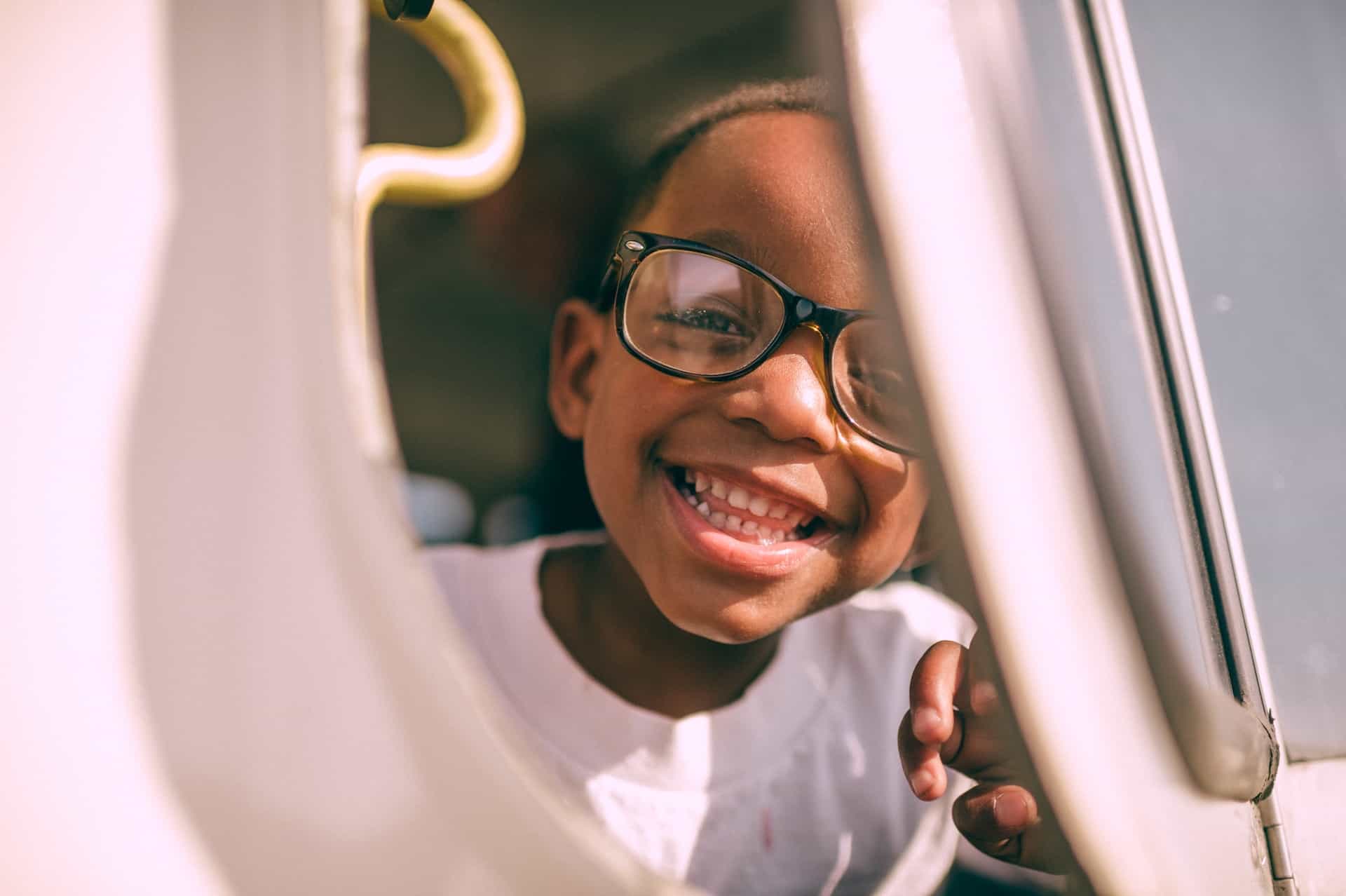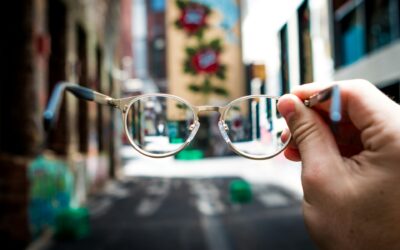Usually, bifocal glasses are associated with the aging population and the need for reading assistance. However, there are situations in which children may require bifocal glasses as well. These instances arise when there is a specific issue that necessitates additional power for near vision. Conditions such as convergence insufficiency, esotropia (an inward eye turn), and accommodative insufficiency are some examples of conditions that may require the use of bifocal glasses. To determine if a child requires bifocals or if they are the best option, an eye doctor will conduct various tests to assess the performance of the eyes at different distances and with different lens powers. If it is determined that bifocals are necessary, the eye doctor will provide recommendations on how to properly fit and wear the lenses.
Convergence Insufficiency
Convergence insufficiency is a condition in which the eyes have difficulty working together to focus on objects up close. This can lead to eyestrain, double vision, blurred vision, and difficulty reading or doing close-up work. In some cases, a child with convergence insufficiency may benefit from wearing bifocal glasses. The additional power in the lower portion of the bifocal lens helps to improve focusing ability and reduce eye strain when looking at near objects. Bifocals can provide the necessary visual support for these children to comfortably perform tasks that require near vision.
Esotropia (Inward Eye Turn)
Esotropia, also known as an inward eye turn, is a condition in which one or both eyes deviate inward. This condition can cause a range of visual issues, including poor depth perception and difficulties with reading and near-vision tasks. In some cases, bifocal glasses may be prescribed for children with esotropia. The bifocal lens can help to manage the alignment of the eyes and improve the child’s ability to focus on nearby objects. By providing additional power in the lower portion of the lens, bifocals can assist in addressing the visual demands associated with esotropia.
Accommodative Insufficiency
Accommodative insufficiency is a condition in which the eyes have difficulty focusing on near objects due to inadequate accommodation, which is the ability of the eye to change focus between distant and close-up vision. Children with accommodative insufficiency may experience blurred vision, eyestrain, and difficulty with tasks that require near vision. Bifocal glasses can be an effective solution in such cases. The bifocal lens provides additional power for near vision, allowing the child to focus more easily on close-up objects. Bifocals can help alleviate the visual challenges associated with accommodative insufficiency and improve the child’s overall visual function.
Determining When Children May Need Bifocal Glasses
To determine whether a child requires bifocal glasses or if they are the best option, an eye doctor will conduct a comprehensive eye examination. This examination may include tests to assess visual acuity, eye alignment and movement, refractive error, and focusing ability. The doctor may also perform tests specifically designed to evaluate the eyes’ performance near and in the distance with different powers of lenses. Based on the findings, the doctor will make a professional recommendation regarding the need for bifocals and provide guidance on the best way to fit and wear the lenses for optimal visual function.





